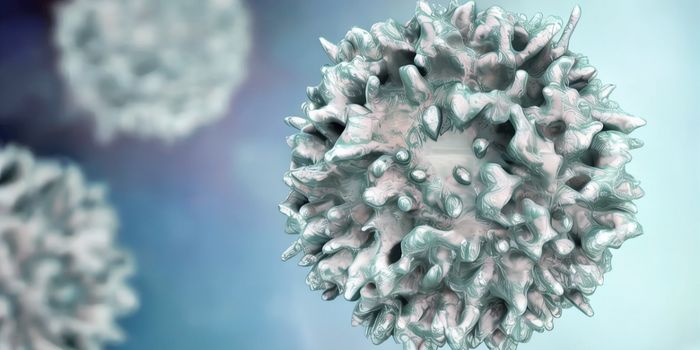How Aspirin Slows Tumor Growth in Pancreas and Colon
Aspirin, one of the cheapest and most readily available drugs, may slow the spread of two deadly cancer types: colon and pancreatic cancer. The study detailing this link also found that the mechanism behind this anticancer effects has to do with platelets and cancer cells.
Formally known as acetylsalicylic acid (ASA), aspirin is the humble go-to drug used to treat a variety of health conditions like the common fevers, headaches, and inflammation. Doctors also prescribe this drug to reduce the risk of heart attacks for patients who have already had one.
And in recent years, aspirin gained the spotlight again as more research linked it to anti-cancer potential. Previous studies linked aspirin to lowering the risks for colorectal and colon cancer by close to 20 percent. Likely, aspirin’s anti-inflammatory and anti-clotting properties play a big part in its anti-cancer effects, but the exact mechanisms are only beginning to be unraveled.
To better understand aspirin’s effects in cancer, researchers from the Oregon Health & Science University analyzed how several types of cancers respond to low and high dose aspirin. "The current study was designed to determine the effect of inhibition of platelet activation and function by aspirin therapy on colon and pancreatic cancer cell proliferation," the researchers wrote.
The team found that aspirin significantly impaired growth in non-metastatic cancer cells from the colon and pancreas. By contrast, metastatic cells - those that have already invaded other parts of the body - did not seem to be affected by the aspirin. These cells continue to grow and divide, and only stopped when researchers applied very high doses of aspirin.
With further investigations, the team attribute this effect to aspirin’s anti-platelet properties. That is, aspirin seems to restrict the blood platelets from producing growth hormones. This, in turn, impairs the cancer’s ability to divide uncontrollably. In particular, the team pointed to the oncoprotein C-myc as being the most dysregulated by the administration of the drug.
"Our study reveals important differences and specificities in the mechanism of action of high- and low-dose aspirin in metastatic and nonmetastatic cancer cells with different tumor origins and suggests that the ability of aspirin to prevent platelet-induced c-MYC [an oncoprotein] expression might be selective for a nonmetastatic phenotype,” the team wrote.
The results offer additional support for the idea that cheap aspirin, one of the oldest medical compounds in human history, has more to offer than just relieving headaches. However, such results also beg further, more controlled clinical trials to be certain that the wonder drug is as good as we hope it to be.
Additional source: American Physiological Society









